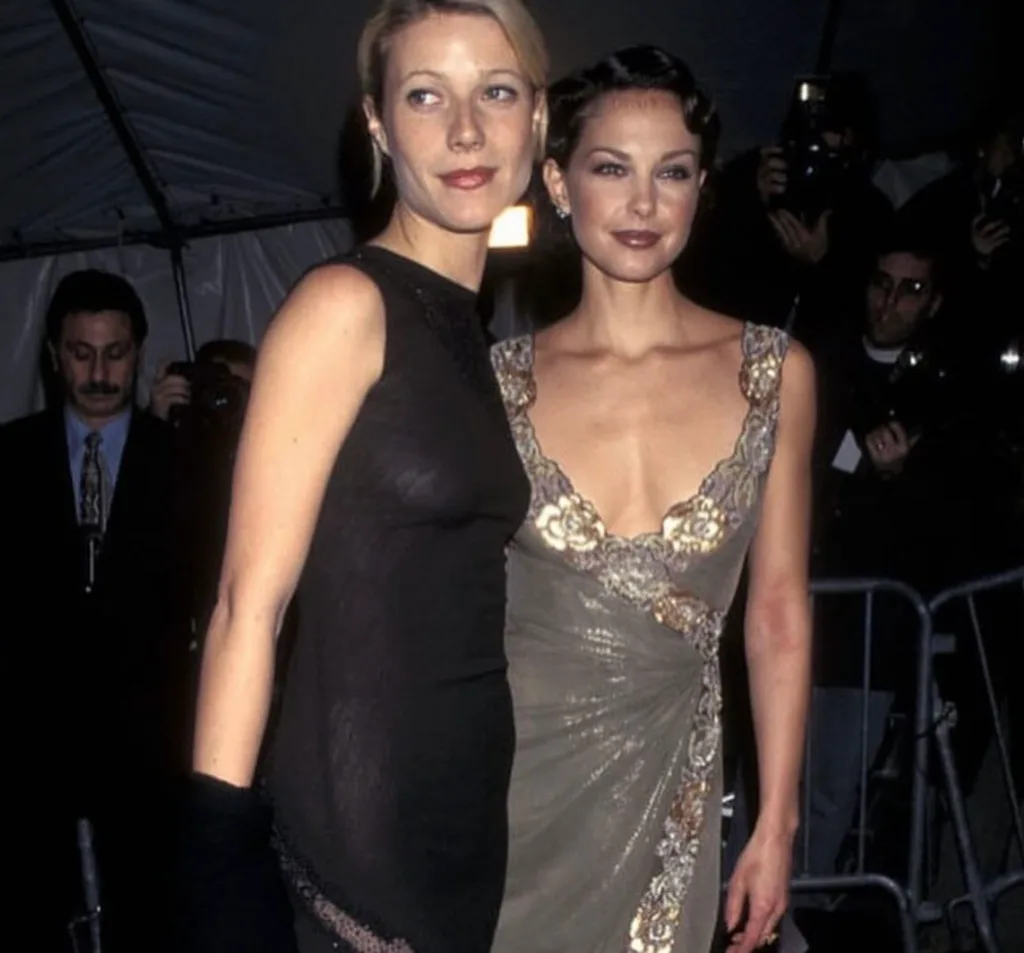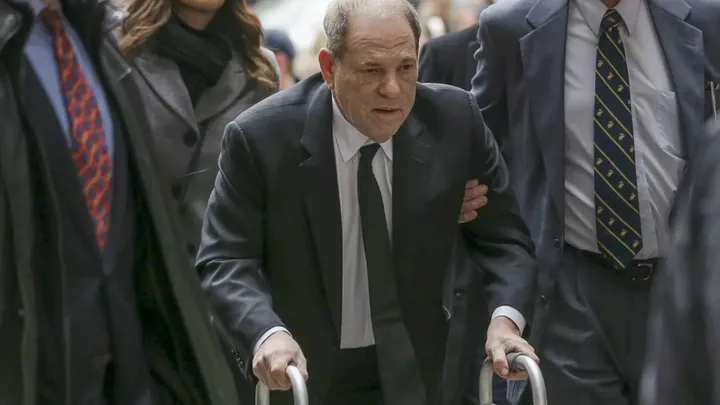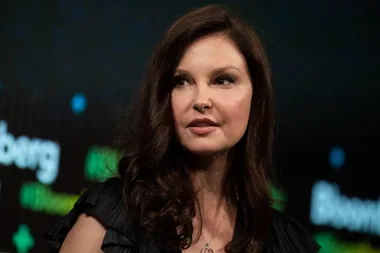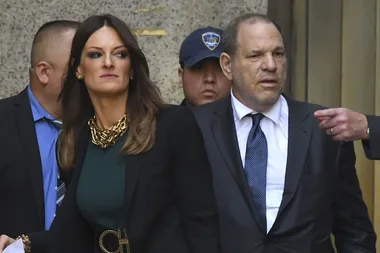Nearly five years after his landmark conviction, Harvey Weinstein once again faces a jury. The disgraced film producer faces a retrial this month, revisiting a case that became a defining moment of the #MeToo movement. In 2020, Weinstein was found guilty of sexually assaulting a production assistant and raping an aspiring actor, though he was cleared of the most serious charge – predatory sexual assault. The new proceedings come at a time when the momentum of #MeToo faces increasing cultural and political resistance across the country.
In April last year, New York’s highest court overturned Weinstein’s 2020 conviction for sexual assault and rape, reopening the most significant case of the #MeToo era. A sharply divided Court of Appeals found, in a 4-3 decision, that the trial judge had improperly allowed testimony from several women whose allegations were not formally part of the charges. That testimony, the majority concluded, may have unfairly influenced the jury.
Despite the reversal, he remains incarcerated due to a separate 16-year sentence stemming from a 2022 rape conviction in Los Angeles.
As jury selection begins, Weinstein – who has pleaded not guilty – faces three charges related to alleged assaults by former production assistant Miriam Haley, actor Jessica Mann, and a third woman identified only as “complaining witness #3.” This time, prosecutors will be without the so-called “Molineux witnesses” – other accusers whose emotional testimony helped the case in 2020.
Questions also loom over Weinstein’s health. Currently detained at New York’s Rikers Island jail complex as he awaits retrial, the 73-year-old pleaded with a Manhattan judge in January to expedite the proceedings, saying he wasn’t sure he would survive the spring in what he described as a “hellhole.” Last year, Weinstein filed a lawsuit against New York City, alleging he was being denied adequate medical care for multiple conditions, including chronic myeloid leukemia and diabetes. In December, he was hospitalised for what his spokesperson described as “emergent treatment” following an alarming blood test result.

A Cultural Reckoning Revisited
This retrial is about more than one man. It serves as a cultural barometer: has the momentum behind #MeToo slowed? Or does the movement still carry the power to shift juror perception in a courtroom?
Weinstein’s legal team – a trio of high-profile, combative attorneys – appears to be betting on a public climate that has grown more skeptical. Arthur Aidala has publicly dismissed the phrase “believe women” as “anti-American,” while Jennifer Bonjean, known for successfully appealing Bill Cosby’s conviction, brings her seasoned, confrontational strategy into the courtroom. Their defence hinges on the argument that Weinstein’s relationships with his accusers were consensual and transactional – an argument likely to blur the already fraught line between power and coercion.
In recent years, public sentiment has seemed to pivot, particularly in the wake of Johnny Depp’s defamation victory over Amber Heard and the legal turmoil surrounding figures like Danny Masterson. In this environment, survivors face increasing doubt – and in many cases, backlash. Outside the courtroom, smear campaigns have become a staple of defense strategy.
Legal maneuvering now extends beyond motions and evidence to social media narratives and TikTok virality. When public opinion is shaped by optics rather than fact, the truth becomes collateral damage. Amber Heard warned of the consequences in a 2022 interview with NBC News. “Social media is the absolute personification of the classic saying: ‘A lie travels halfway around the world before the truth can get its boots on,’” she said.
“Even if you think that I’m lying, you still couldn’t tell me – look me in the eye and tell me – that you think on social media there’s been a fair representation.” Hers became a case study in how quickly and viciously female accusers can be vilified in the digital age – and how the law fails women time and again.
What Justice Looks Like in 2025
Yet to suggest that the tide has turned entirely would be to discount the determination of those who helped usher #MeToo into the cultural mainstream. “This case will test how far we’ve advanced in our collective understanding of sexual assault, power dynamics, and what it means to be a survivor,” said Lindsay Goldbrum, an attorney at Outten & Golden, who is now representing Weinstein’s anonymous accuser in the retrial.
Ultimately, the New York retrial will question whether juries – and society – still believe that abuse by powerful men can’t always be captured by courtroom procedure. Whether we still understand that trauma leaves behind contradictions, not clarity. And whether, even as the headlines fade, justice for women remains possible.



